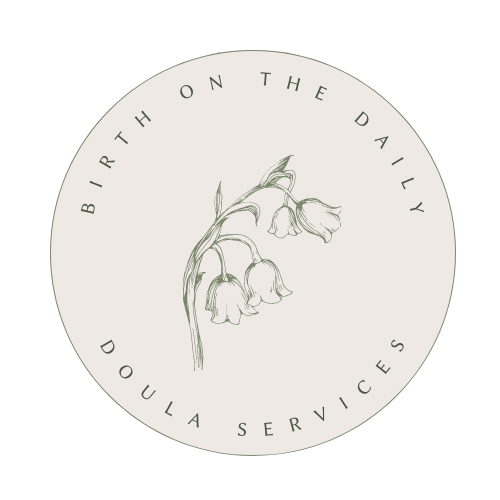Choosing the right home birth midwife for you.
So you have decided in pregnancy that you would like to have a home birth. Maybe you hate your OB, maybe you hate needles, maybe your best friend had a home birth and it intrigued you. Regardless of the reason I encourage you to dig a little deeper.
If you have a home birth you will either have a “free birth” or have a midwife at your birth. This post will be for people choosing to have a midwife attend their birth. If you do have a free birth please make sure you do all the research that is needed to have one.
Okay so you have said “yes I want a home birth with a midwife to attend”. Now what? Research, research, research. Also hire a doula to help do additional research for you or to ask any questions to, and they will do their best to get you the answer.
The first thing you should research is the different types of midwives. We are in Georgia so it may not be the same everywhere, I’m not sure.
There are “CPM certified professional midwives” **A CPM is a knowledgeable, skilled and professional primary maternity care provider. Certified Professional Midwives are trained and credentialed to offer expert care, education, counseling and support to women for pregnancy, birth and the postpartum period. CPMs practice as autonomous health professionals working within a network of relationships with other maternity care providers who can provide consultation and collaboration when needed. All Certified Professional Midwives meet the standards for certification set by the North American Registry of Midwives (NARM). These have seemed to be the most common midwives that attend home births.
Next are “CNM certified nurse midwives” A CNM is **someone who has been trained as a registered nurse, and then obtains a graduate degree in the field of Nurse-Midwifery, focusing on women’s health, pregnancy, birth, and postpartum care. CNMs attend deliveries in hospitals, birth centers, and homes. I only know of a few CNMs that attend home births in Georgia. If you go to a rotating OB that delivers babies in a hospital, the midwives at the practice are typically CNM’s.
Lastly are traditional midwives, my personal fave. Because my favorite midwife is a traditional one. ** Traditional midwives are midwives who-for religious, personal, and philosophical reasons-choose not to become certified or licensed. They believe that they are ultimately accountable to the communities they serve; or that midwifery is a social contract between the midwife and client/patient, and should not be legislated at all; or that women have a right to choose qualified care providers regardless of their legal status. Traditional midwives can be less than, just as, or more than skilled than the other types of midwives.
Okay based on the different types that may help you decide if “titles” are important to you. Regardless you should interview a handful of midwives and I would maybe try to choose one out of each group.
The interviews are where it gets tricky. You can ask all the right questions and still get fabricated answers. If you are happy with their answers, that’s a great start. Maybe you can eliminate some midwives out of your handful. After you get your answers, I encourage you to dig a little deeper. Ask for resources and references and follow up with those other clients or trainers. You need to trust your midwife 100 percent and know that yours and your baby's life might be relying on them. You are not hiring someone to just be at your birth. You are hiring a skilled professional that knows what they are doing in a case of an emergency. You can love someone’s personality all day, but you need to make sure they have the skills required to be a midwife. Another reason I say ask for references/resources, if for example they are saying they are certified in shoulder dystocia or breech babies look into the program sometimes they can take a $10 course online and that may not be helpful in a real life situation. Ask for a list of doulas they have worked with if they can’t give our client names and call some of them and ask for true reviews. Find out if that midwife did an apprenticeship and ask for reviews on the midwife she was under.
Do not be afraid of asking questions or making someone uncomfortable. Do not ignore red flags. I say that to mamas using the hospital system all the time but it is important for home births also.
Next part is hiring your midwife! See what their process is like. Some midwife’s do village prenatals where you will be with a group of women for some of your visits. As well as one on one care. See what tests and labs they offer and what that process is like for them. Take their recommendations seriously, some midwives will want you to eat healthy or walk. They give these recommendations not to be bossy but to keep you healthy to avoid a hospital birth or transfer.
See how much they will charge, please do not be discouraged if this is more than you can afford. Talk to them about it. Maybe they offer payment plans, customized packages, or discounted rates. Most birth workers, good birth workers, are in this line of work for moms to have the birth they desire and deserve.
Lastly, have a pregnancy and appointments where you are not just a number or herded like cattle through an ob. It is so different and will feel amazing. And then have an amazing physiological labor and birth!
For a comprehensive list of questions to ask a midwife fill this form out and it will be sent to your inbox!
